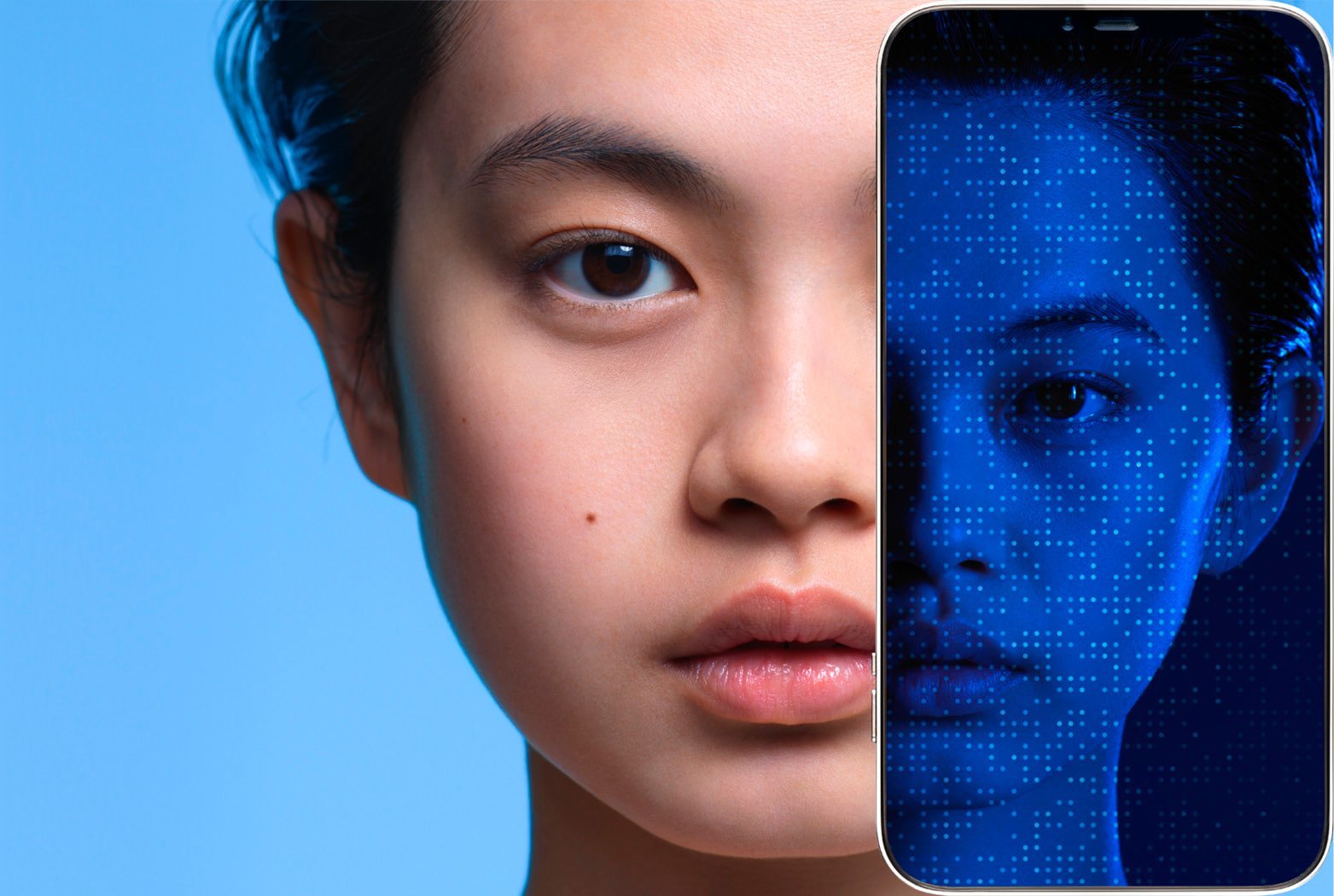What is sunscreen SPF?
SPF stands for “sun protection factor”. It relates to your sunscreen’s ability to protect skin against UVB rays which cause sunburn. The higher the number, the greater the protection. When in the sun, you are recommended to apply a minimum of SPF 30 every 2 hours. A golfball-sized amount is required for the whole body.
Learn more






